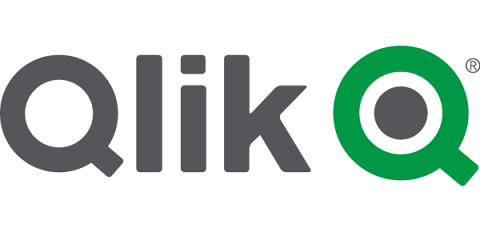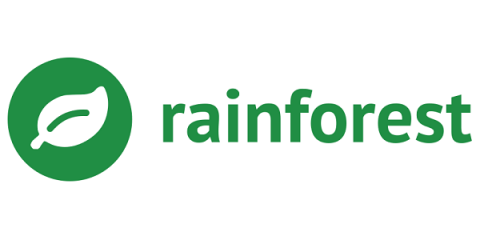Systems | Development | Analytics | API | Testing
%term
A Practical Example of the Associative Difference
New Integration: Track Your Email & Marketing Automation KPIs with Klaviyo
In addition to tracking your email marketing & automation KPIs from Klaviyo, you can also pull data from all of the tools that Klaviyo integrates with right into Databox, too.
New Kong Settings for Service Mesh
This post is the last in a three-part series about deploying Kong as a service mesh. The first post discussed how we define the term “service mesh” here at Kong, and the second post explained the architectural pattern used to deploy Kong as a mesh. In this post, we will talk about the new features and configuration options we added to give Kong its mesh capabilities.
The Whole Big Story
A few years ago, Qlik ran a campaign called the Whole Story. The related video is still posted (fun fact: It was filmed in Qlik’s office near San Francisco). Our message was that you don’t know the whole story in your data if you a.) aren’t able to look at all the data while b.) understanding all the relationships between data.
Performance Testing on Every Commit
How to Estimate a Software Project Timeline
One of the first steps in getting a new project underway is figuring out how much time and resources you'll need to allocate to getting the job done. But estimating these numbers can be challenging even for experienced teams. Here are some of the reasons that our engineering team think estimates are important, and the guidelines we use for making estimating project timelines a little less painful.
Introducing Katalon Store-An All-new Plugin Marketplace
Our team at Katalon is thrilled to introduce Katalon Store (beta)—a collaborative marketplace for the Katalon community to use and create add-on products that extend the testing capability of Katalon Studio. Katalon Store serves as a platform for testers and developers to install add-on products, also known as ‘plugins,’ to help our users add more features and optimize test automation strategies in Katalon Studio. Users can install, manage, rate and write reviews for plugins.
New in Databox: Easily Switch Between Databoards Inside the Designer
You shouldn’t have to click ‘back’ in order to navigate to your Databoards. Now, you can view and switch to other Databoards in your account without interrupting your workflow.
Delivering on Data Science with Talend: Getting Quality Data
Today, we are in the information age with a tremendous amount of data being created (as much as 90% of data being created in the last two years alone). This data comes from a wide range of sources and takes many different forms: human-generated documents and social media communications; transactional data that we use to run our businesses; and there is an ever-increasing proliferation of sensors producing streams of data.











